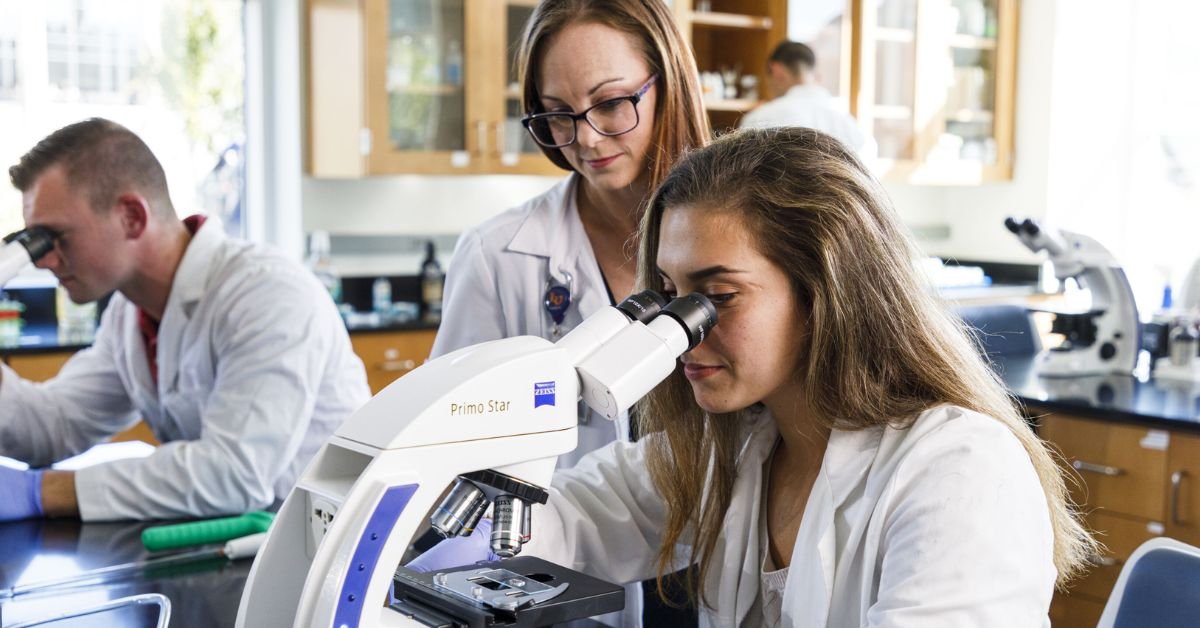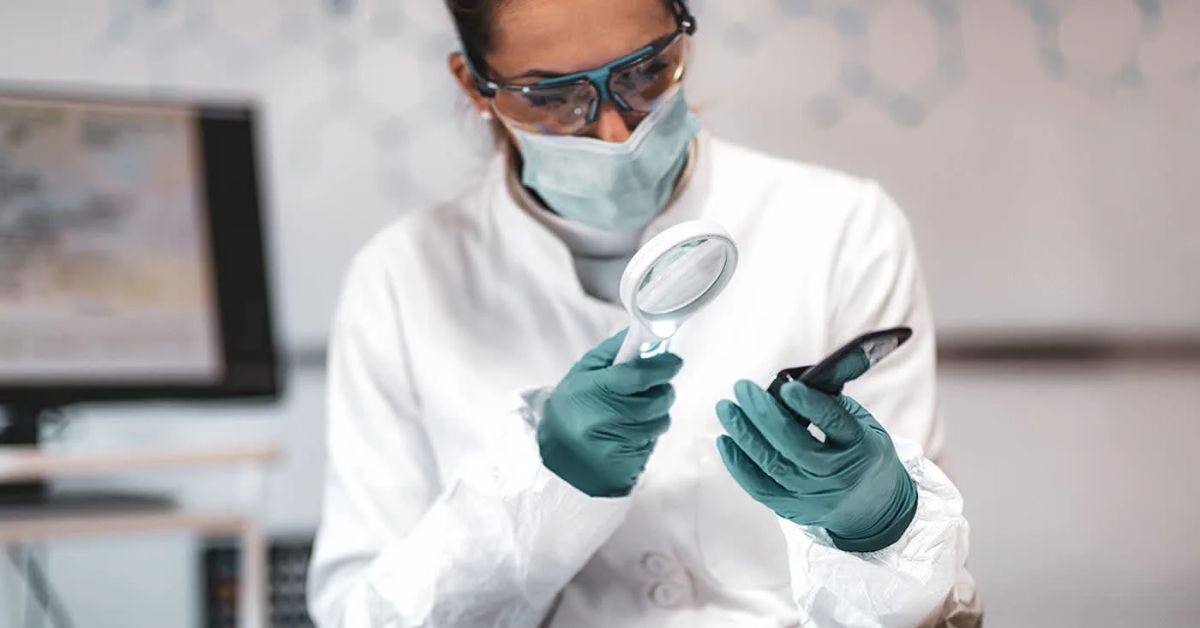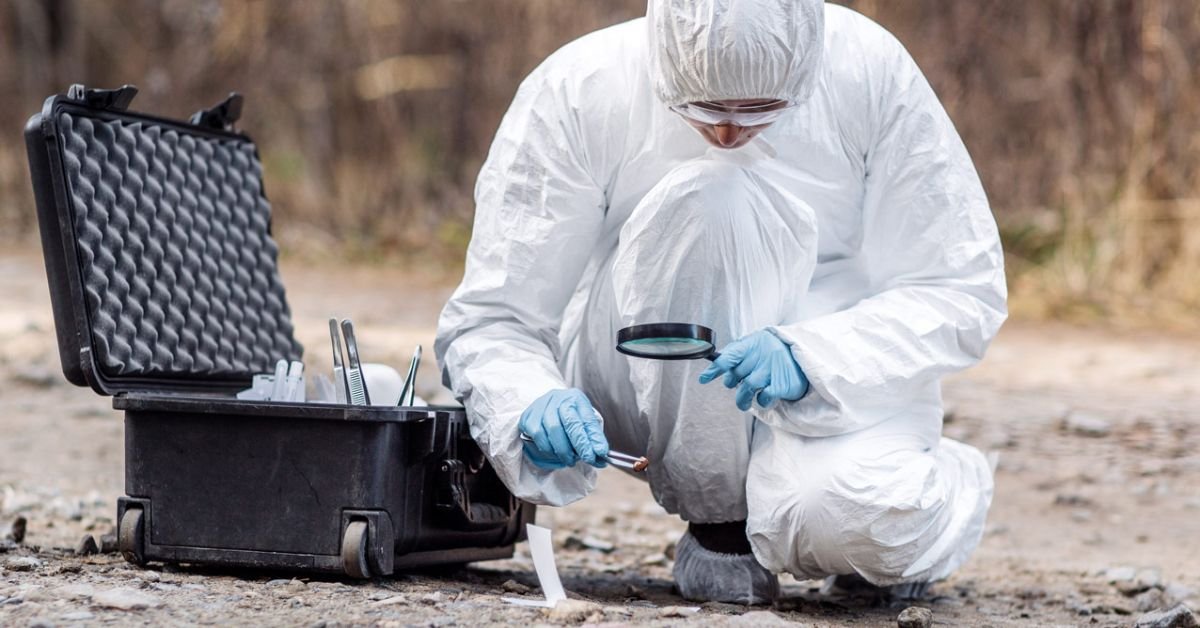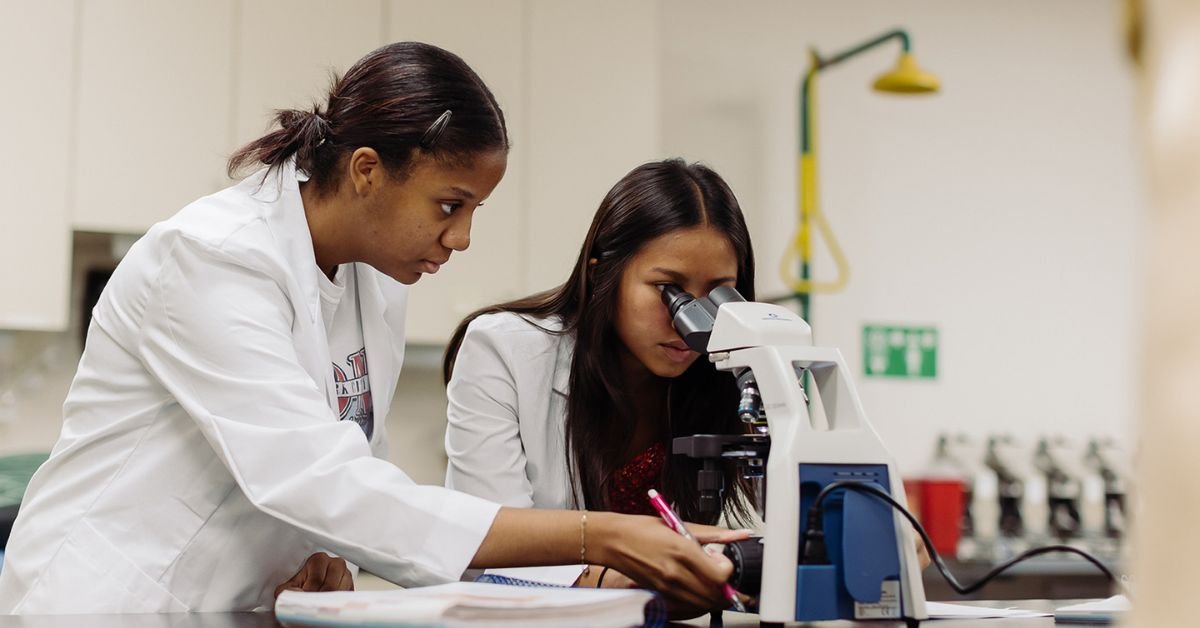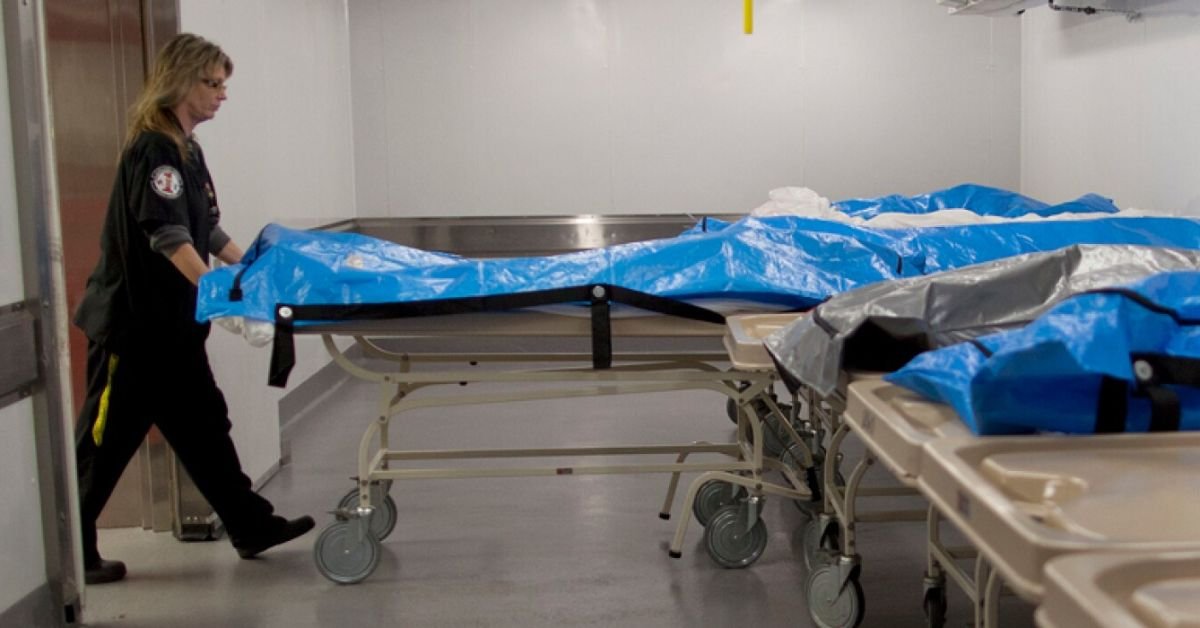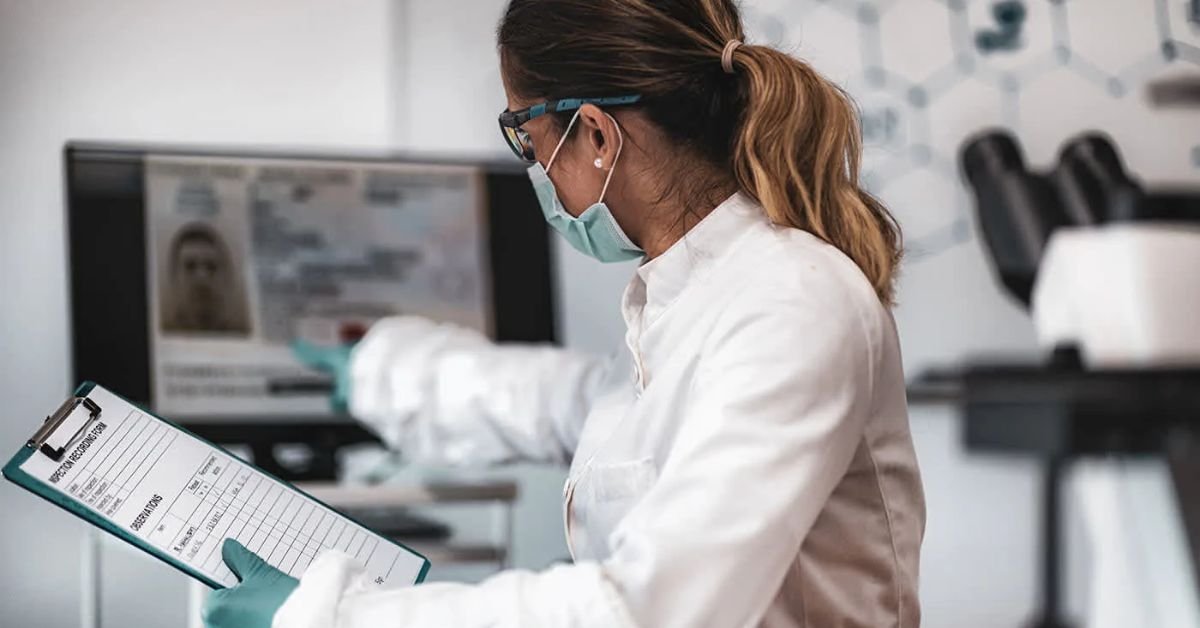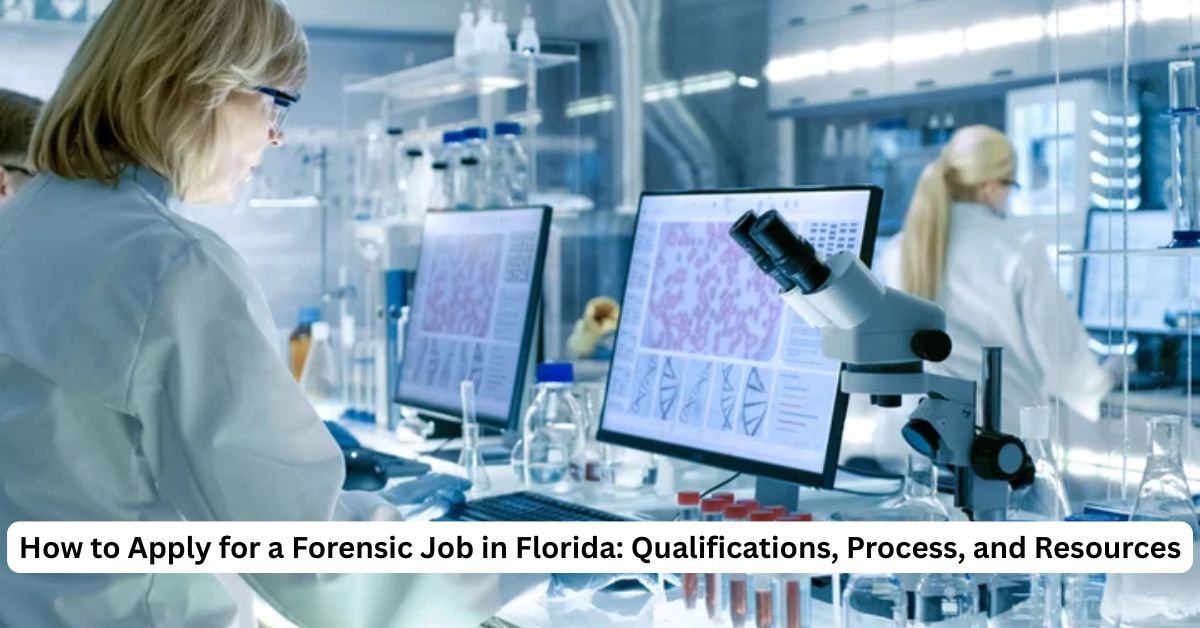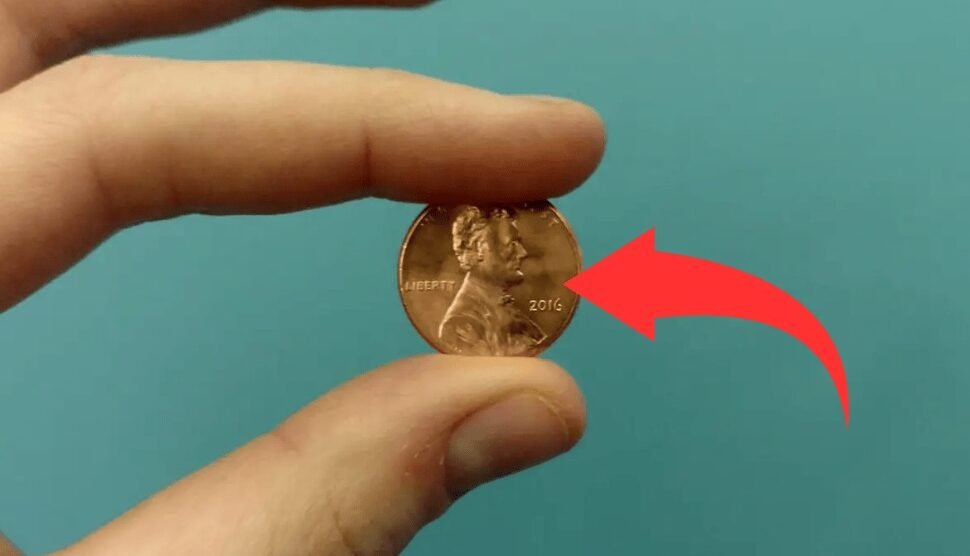Forensic science is a vital discipline in Florida’s public safety and criminal justice systems. It involves the application of scientific principles and methodologies to analyze physical evidence and support the resolution of legal cases. Florida maintains a comprehensive medicolegal infrastructure, including forensic laboratories, medical examiner offices, and affiliated academic institutions, that work collaboratively to uphold the integrity of justice and public health. This article explores career opportunities in forensic science across Florida, examining the institutional landscape, qualification requirements, and relevant statutory frameworks.
Overview of Florida’s Forensic and Medicolegal System
Florida’s forensic system operates through a network of specialized agencies and institutions, each with defined roles in investigating crimes, analyzing evidence, and certifying causes of death. The two central components are the Florida Department of Law Enforcement (FDLE) and the state’s district medical examiner system.
| Entity | Function |
| Florida Department of Law Enforcement (FDLE) | Operates state crime laboratories that provide forensic analyses to law enforcement agencies. |
| Medical Examiner System (per Chapter 406, Florida Statutes) | Investigates deaths due to unnatural, violent, or suspicious causes within 25 medical examiner districts. |
| County and Municipal Law Enforcement Agencies | Employ crime scene investigators (CSIs) and facilitate forensic operations. |
FDLE’s crime laboratories are strategically located in Tallahassee, Orlando, Tampa, Jacksonville, and Pensacola, ensuring regional forensic support throughout the state. Meanwhile, the medical examiner system is governed by Chapter 406 of the Florida Statutes and comprises 25 geographically defined districts, each served by a board-certified forensic pathologist.
Career Pathways in Forensic Science
A variety of forensic science careers are available in Florida, ranging from laboratory analysis to field investigations and specialized consulting roles. Each position requires distinct academic preparation, practical training, and often professional certification.
A. Forensic Scientist / Crime Laboratory Analyst
These professionals analyze physical evidence submitted by law enforcement. They may specialize in disciplines such as DNA, toxicology, drug chemistry, trace evidence, or firearms examination.
| Specialty | Primary Responsibilities |
| DNA Analyst | Processes biological samples to generate DNA profiles. |
| Toxicologist | Detects and quantifies drugs, alcohol, and poisons in bodily fluids. |
| Firearms Examiner | Compares ballistic evidence and reconstructs shooting incidents. |
| Trace Analyst | Examines materials such as hair, fiber, paint, and glass. |
Qualifications: A bachelor’s degree in forensic science, biology, chemistry, or a related natural science field is typically required. Additional training through FDLE or national accrediting bodies may be mandated for specific roles.
B. Forensic Pathologist
Forensic pathologists, also known as medical examiners, perform autopsies, determine causes and manners of death, and provide expert testimony in legal proceedings. They are integral to both criminal investigations and public health surveillance.
| Position | Duties |
| Medical Examiner (M.D. or D.O.) | Conducts autopsies, certifies deaths, contributes to judicial processes. |
Qualifications: Medical degree (M.D. or D.O.), completion of a residency in pathology, followed by a forensic pathology fellowship. Board certification through the American Board of Pathology is required.
C. Specialized Forensic Consultants
Florida’s medicolegal system also engages specialists in niche areas who offer consultative services on complex cases.
| Discipline | Function |
| Forensic Odontology | Identifies remains through dental records; analyzes bite marks. |
| Forensic Anthropology | Interprets skeletal remains to determine age, sex, ancestry, trauma. |
| Forensic Entomology | Uses insect development to estimate time since death. |
These professionals often work in conjunction with universities or medical examiner offices and are consulted on an as-needed basis.
D. Crime Scene Investigator (CSI)
CSIs are typically employed by local law enforcement and are responsible for processing crime scenes. Their work includes photographing scenes, collecting and preserving physical evidence, and coordinating with forensic laboratories.
| Responsibilities | Qualifications |
| Collects, documents, and preserves evidence at crime scenes | Associate or bachelor’s degree in forensic science or criminal justice; may require police academy training or certification. |
Legal and Regulatory Framework
The structure and governance of forensic science in Florida are guided by specific laws and professional standards.
Relevant Statutes and Standards
| Regulatory Instrument | Scope of Authority |
| Florida Statutes Chapter 406 | Defines duties of medical examiners, autopsy procedures, and reporting obligations. |
| Florida Administrative Code 11G | Implements detailed operational rules for medical examiner offices. |
| Accreditation Bodies | Laboratories: ANAB; Medical Examiner Offices: NAME. |
| Certification Organizations | Examples include ABC (Criminalistics), ABFT (Toxicology), ABMDI (Death Investigation). |
Medical professionals must be licensed by the Florida Board of Medicine. While not mandatory for all forensic roles, voluntary certification is highly recommended and can enhance credibility and employment prospects.
Educational and Research Institutions
Florida is home to several academic institutions that support forensic education and research:
- University of Florida (UF) – Offers programs in forensic toxicology, pathology, and anthropology. The C.A. Pound Human Identification Laboratory supports forensic casework.
- Florida International University (FIU) – Features programs in forensic science and collaborates with federal agencies.
- University of Central Florida (UCF) – Provides degrees and training in crime scene investigation and forensic analysis.
These institutions may also provide internship opportunities and continuing education for forensic professionals.
Key Employers and Career Prospects
Forensic professionals in Florida can pursue employment across multiple public-sector agencies and institutions.
| Employer | Typical Roles Offered |
| FDLE Crime Laboratories | Forensic scientists and evidence technicians across multiple specialties. |
| District Medical Examiner Offices | Pathologists, autopsy technicians, and death investigators. |
| County Law Enforcement Agencies | CSIs, evidence technicians, forensic unit supervisors. |
| Federal Agencies (e.g., DEA, FBI field offices) | Advanced forensic and analytical roles in federal investigations. |
Employment Outlook
According to the U.S. Bureau of Labor Statistics (BLS), employment for forensic science technicians is projected to grow by approximately 13% from 2022 to 2032, which is faster than the national average. Florida, with its large population and active judicial system, remains a significant contributor to national forensic employment statistics.
| Metric | Estimate |
| BLS Projected Growth Rate | 13% (2022–2032) |
| Florida Job Availability | High in urban areas; especially Miami, Tampa, Orlando |
| Starting Salary (Technician) | $45,000–$55,000 annually (varies by agency and location) |
| Forensic Pathologist Salary | $180,000–$250,000+ annually |
Conclusion
Forensic science careers in Florida offer a diverse array of opportunities across laboratory, field, academic, and consultative roles. The state’s structured medicolegal system, supported by statutory authority and accredited institutions, ensures the integrity of forensic practice. Aspiring professionals are advised to pursue relevant academic credentials, gain practical experience through internships or law enforcement academies, and seek certification from national professional bodies. With strong projected job growth and a robust institutional framework, Florida remains a promising environment for careers in forensic science.
References
- Florida Statutes Chapter 406 – Medical Examiners: https://www.flsenate.gov/Laws/Statutes/2023/Chapter406
- Florida Department of Law Enforcement – Forensic Services: https://www.fdle.state.fl.us
- U.S. Bureau of Labor Statistics – Forensic Science Technicians: https://www.bls.gov/ooh/life-physical-and-social-science/forensic-science-technicians.htm
